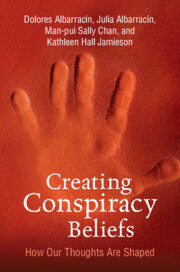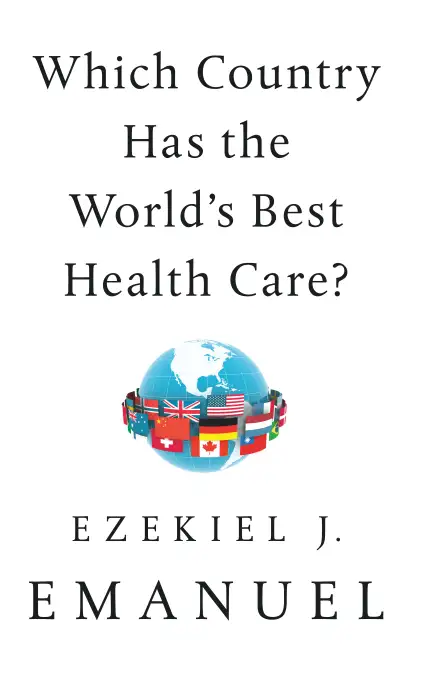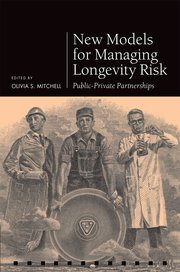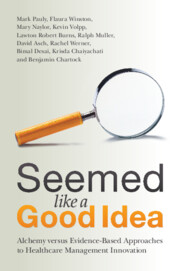News
Summer 2022 Reading: Latest Books From Penn LDI Senior Fellows

Our round-up features recent books by Penn LDI Senior Fellows from across Penn’s schools—with topics ranging from the political economy of health and wealth, the connection between urban planning and health, evidence-based approaches to health care management innovation, and more.

Creating Conspiracy Beliefs: How Our Thoughts Are Shaped
Dolores Albarracín, PhD, Annenberg School for Communication, Penn Nursing (Cambridge University Press, November 2021)
In a time when conspiracy theories spread further and faster than ever before, using data from six empirical studies and insights from psychology, political science, communication, and information sciences, Albarracín seeks to understand why some people respond to fear by creating or believing conspiracy theories.


Which Country Has the World’s Best Health Care?
Ezekiel Emanuel, MD, PhD, Perelman School of Medicine, The Wharton School (PublicAffairs, March 2022)
In a profile of 11 unique health care systems across the globe, Emanuel seeks to discover which systems perform best, and why, and examines which systems stand to learn from peers around the world.


The Future of Risk Management
Howard Kunreuther, PhD, The Wharton School
(University of Pennsylvania Press, November 2021)
As our world becomes increasingly interconnected, risk becomes harder to evaluate and anticipate. Drawing on past research, recent findings, and open questions from fields such as finance, geography, history, political science, and sociology, Kunreuther offers public tools to make informed decisions and develop long-term strategies for reducing future losses from potentially catastrophic events.


Regimes of Inequality: The Political Economy of Health and Wealth
Julia Lynch, PhD, School of Arts and Sciences
(Cambridge University Press, July 2021)
Using case studies of efforts to reduce health inequalities in Europe, Lynch brings a unique perspective to conversations regarding how inequality is addressed and framed by political leaders, while also discussing some of the causes of and potential remedies for health inequalities.


Changing Places: The Science and Art of New Urban Planning
John MacDonald, PhD, School of Arts and Sciences, Graduate School of Education (Princeton University Press, June 2022)
With the knowledge that our environments fundamentally shape our health and well-being, MacDonald draws on insights from city planning, economics, criminology, public health, and other fields to demonstrate how well-designed places can drastically improve health outcomes, while also highlighting the disconnect between those who implement place-based changes and those who evaluate them.


New Models for Managing Longevity Risk: Public-Private Partnerships
Olivia Mitchell, PhD, The Wharton School
(Oxford University Press, May 2022)
Using empirical evidence, case studies, and survey results, Mitchell explores how the private and public sectors can collaborate to develop new mechanisms to reduce older people’s risk of outliving their assets in later life, especially as longevity increases.


Seemed Like a Good Idea: Alchemy Versus Evidence-Based Approaches to Healthcare Management Innovation
Mark Pauly, PhD, The Wharton School
(Cambridge University Press, July 2022)
In response to frustrations surrounding care quality, access, and costs, Pauly gathers the expertise of LDI Fellows to highlight the importance of rigorous evidence in answering the field’s most pressing questions, providing guidance for the future, and helping health care and insurance innovators make better decisions.


Leading Successful Change: 8 Keys to Making Change Work
Gregory Shea, PhD, The Wharton School
Leading Successful Change: 8 Keys to Making Change Work
(Ascent Audio, March 2021)
With years of experience in guiding organizational change, Shea shares change management approaches and success stories from companies like Twitter and Viacom, highlighting why most change efforts fail, and how to create a vision for the future.
